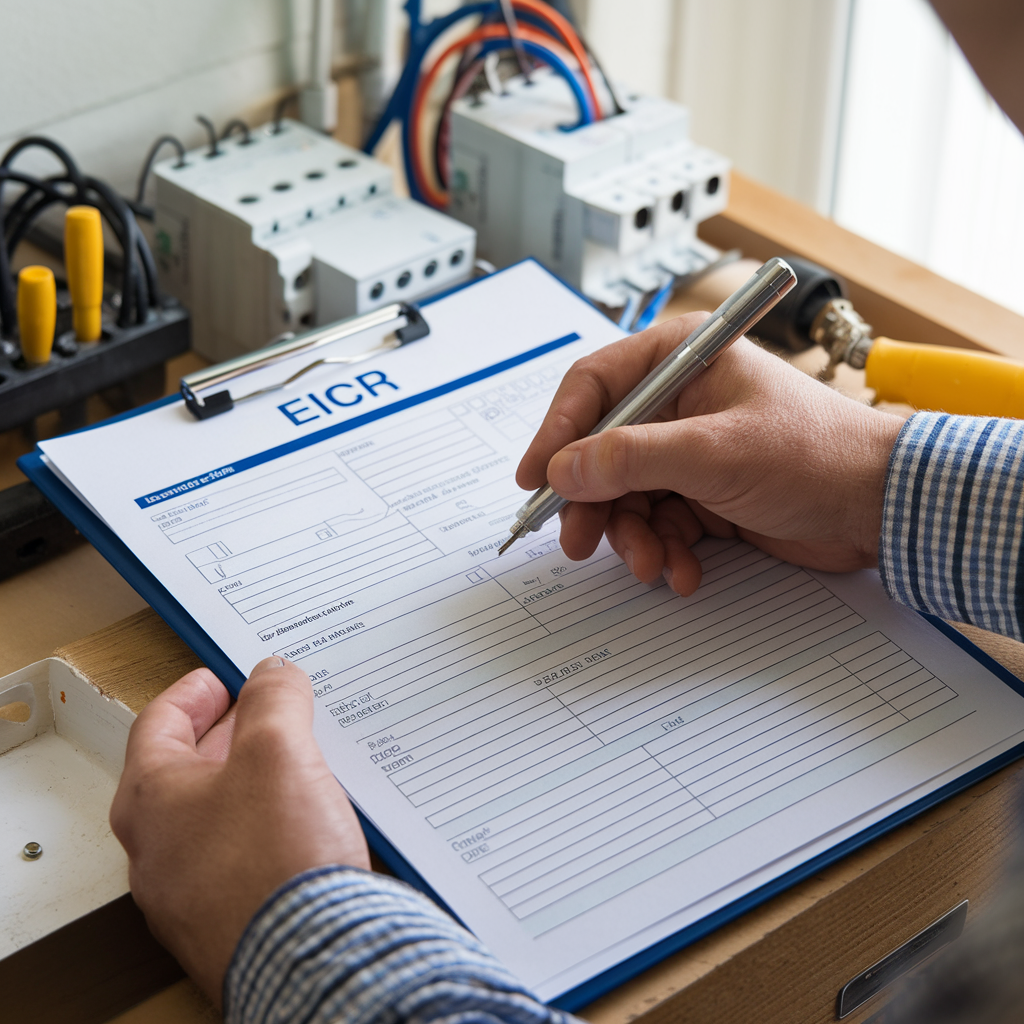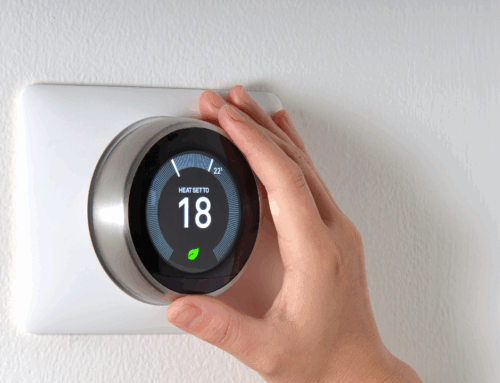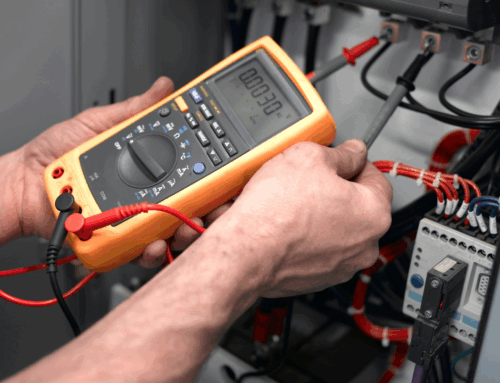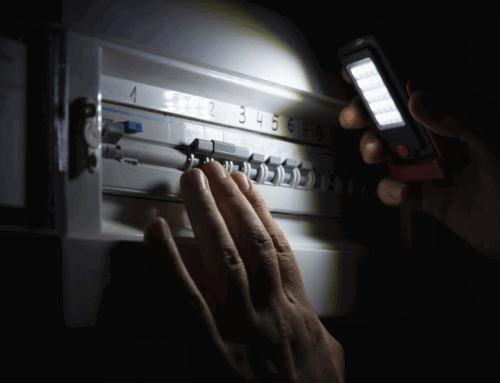Ensuring that your business premises are safe and compliant with regulations is essential for the smooth operation of any company. One key aspect of safety compliance in the UK is the Electrical Installation Condition Report (EICR). Understanding what an EICR entails, its importance, and how it can benefit your business can help you maintain both safety and legal compliance.
What Is an EICR?
An Electrical Installation Condition Report is a detailed assessment of the electrical systems and installations within a property. It is designed to identify any defects, deterioration, or potential hazards that could pose a risk to the safety of occupants. The report evaluates the condition of fixed electrical installations, such as wiring, fuse boards, sockets, and light fittings, ensuring that they meet the required safety standards.
The EICR is conducted by a qualified and accredited electrician or electrical contractor who will inspect the systems and produce a report detailing their findings. This includes recommendations for any remedial work that may be necessary to bring the electrical installations up to a safe standard.
Why Is an EICR Important for Business Owners?
For business owners, maintaining a safe working environment is a legal and moral responsibility. An EICR plays a crucial role in meeting health and safety regulations, such as the Electricity at Work Regulations 1989, which require businesses to ensure that all electrical installations are safe and fit for purpose. Failure to comply with these regulations can result in legal action, fines, and even the shutdown of operations.
In addition to legal compliance, an EICR can prevent accidents such as electrical shocks, fires, or equipment failures. This proactive approach not only protects your employees and customers but also helps avoid costly damage to your property and equipment.
When Should You Have an EICR Conducted?
The frequency of EICR inspections depends on the type of property and its usage. For commercial properties, it is generally recommended that an EICR is conducted every five years or whenever there is a change in tenancy. However, certain businesses may require more frequent inspections depending on the nature of their operations. For example, industries that rely heavily on electrical equipment, such as manufacturing or construction, may need more regular assessments to ensure safety.
It is also wise to have an EICR carried out if your business premises experience any significant electrical issues or if your electrical systems are particularly old. Regular inspections can help catch problems early, preventing them from escalating into more serious hazards.
What Does the EICR Process Involve?
An EICR inspection typically involves a thorough examination of your electrical installations. The electrician will:
- Inspect the wiring and assess its condition
- Test the fuse board (consumer unit) to ensure it is functioning correctly
- Check that all safety devices, such as circuit breakers and RCDs (Residual Current Devices), are working properly
- Identify any issues with the installation, including wear and tear, overloaded circuits, or faulty components
The final report will categorise any problems found based on their urgency. Issues that pose an immediate danger will be marked as requiring urgent attention, while less critical defects may be noted for future repairs. Once the inspection is complete, you will receive an official EICR document detailing the findings and recommended actions.
Benefits of Regular EICR Inspections
- Ensuring Safety: Regular EICR inspections ensure that your business’s electrical systems are safe, reducing the risk of electrical fires, shocks, or malfunctions that could harm employees or customers.
- Legal Compliance: An up-to-date EICR demonstrates compliance with UK electrical safety regulations, helping you avoid potential legal issues and fines.
- Cost Savings: By identifying and addressing issues early, you can prevent more serious and costly problems in the future, such as extensive repairs or equipment damage.
- Insurance Benefits: Many insurance companies require businesses to have an EICR as part of their policy. Regular inspections can help you meet these requirements, potentially reducing insurance premiums.
What to Do After Receiving Your EICR
Once you’ve received your EICR, it’s important to act on any recommendations noted in the report. If there are any issues that require immediate attention, these should be prioritised to maintain a safe environment. Even non-urgent recommendations should be addressed in a timely manner to ensure ongoing compliance.
Keeping a record of your EICR inspections and any remedial work carried out is essential for demonstrating compliance with safety standards. This documentation can also be invaluable in the event of an accident or audit.
For business owners, an Electrical Installation Condition Report is an essential tool in maintaining safety, legal compliance, and operational efficiency. Regular inspections not only protect your employees and customers but also safeguard your property and equipment. By investing in an EICR, you can ensure that your business remains safe, compliant, and ready for the future. Contact us for more information.







Leave A Comment